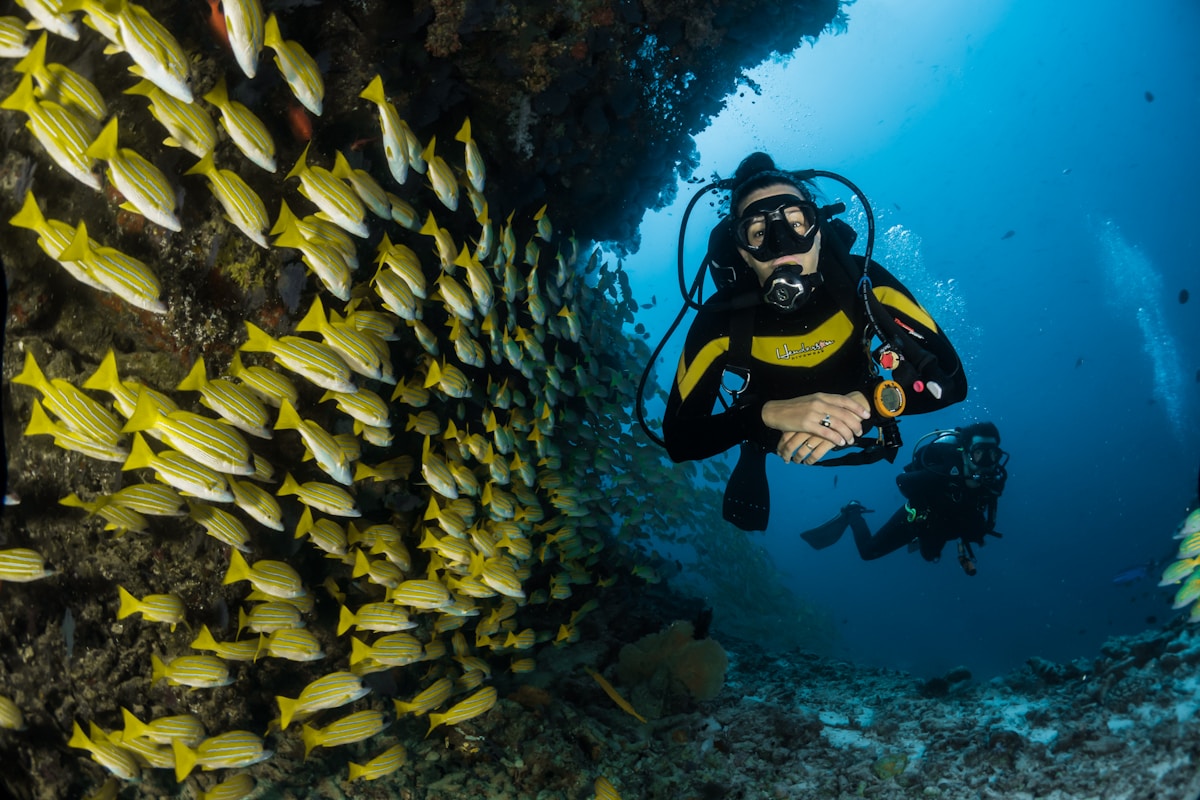Boat Fuel Economy: What Actually Matters
Fuel economy for boats has gotten complicated with all the marketing claims flying around. As someone who’s tracked fuel consumption obsessively across four different vessels over fifteen years, I learned everything there is to know about what actually saves money and what’s just hype. Today, I will share it all with you.

That’s what makes fuel economy endearing to us boaters—you can actually measure improvements rather than guessing. My logbooks from the past decade tell a clear story about what works.
Key Factors Affecting Fuel Economy
Boat Size and Weight
Physics doesn’t negotiate. Heavier boats burn more fuel pushing through water. My 30-foot cruiser burns roughly three times what my old 21-foot center console did at comparable speeds. Material matters too—an aluminum hull of the same length weighs significantly less than fiberglass or wood, and the difference shows up at the fuel dock.
Probably should have led with this section, honestly: most fuel economy decisions get made when you buy the boat. Everything else is optimization around that initial choice.
Engine Type and Maintenance
Modern fuel-injected outboards sip fuel compared to carbureted engines from twenty years ago. The improvement is dramatic—I’ve seen 25-30% better economy swapping an older engine for a new four-stroke of similar horsepower.
Maintenance matters more than most people realize. Dirty fuel filters restrict flow. Old spark plugs waste fuel. Bottom growth creates drag. I’m apparently one of those people who actually follows the maintenance schedule, and my fuel logs reflect it while those of friends who “service when needed” don’t.
Operating Conditions
Running against current or into heavy chop burns fuel faster. Wind adds up over long passages. I’ve had Gulf Stream crossings where the same boat burned 40% more fuel going one direction than returning, purely from current. Can’t control conditions, but you can plan around them when possible.
Improving Your Boat’s Fuel Efficiency
Optimize Speed
Every hull has a sweet spot where efficiency peaks. Finding it requires actually tracking fuel at different throttle settings. For my current boat, 22 knots returns better miles-per-gallon than either 18 or 26 knots. The difference isn’t marginal—we’re talking 15-20% better economy at the optimal setting.
Most people run either too slow (below plane, pushing a bow wave) or too fast (fighting exponentially increasing drag). The sweet spot is usually just above the minimum planing speed for hulls designed to plane.
Trim the Boat Correctly
Trim tabs and engine trim exist for good reasons. Running bow-high wastes fuel fighting air resistance. Running bow-down buries the hull and creates drag. Flat and level is the goal in most conditions.
Took me an embarrassingly long time to master trim adjustments. Now I fiddle constantly underway, adjusting for load shifts, sea state changes, and speed variations. The payoff justifies the learning curve.
Consider the Load
Every pound aboard affects economy. I know cruisers who carry workshop quantities of spares “just in case” and wonder why their fuel bills run high. Carry what you need, not what you might theoretically need someday. Balance matters too—uneven loading creates drag from the boat crabbing through the water.
Technological Advances in Boat Fuel Economy
Fuel Injection Systems
Electronic fuel injection transformed marine engines. The precision of fuel delivery compared to old carburetor setups is remarkable. Cleaner burns, better cold starts, more consistent performance across conditions. If you’re still running a carbureted outboard, a repower pays for itself faster than you’d expect.
Propeller Design
Wrong prop costs you every hour you run. Right diameter and pitch for your application—matched to hull, engine, and typical load—makes measurable differences. I went through three props on my center console before finding one that hit the sweet spot for how I actually use the boat.
Hull Design Innovations
Stepped hulls, variable deadrise, running surface treatments—manufacturers keep innovating to reduce resistance. Whether these features justify their premium on a new boat depends on your usage. High-hour operators see payback; weekend warriors might not.
User Behavior and Awareness
Efficient Routing
Straight lines aren’t always fastest or most efficient. Currents, weather windows, and sea state all factor in. Modern chart plotters with current overlays help planning. I’ve routed around unfavorable current that added miles but saved fuel—and arrived fresher from a smoother ride.
Regular Engine Check-ups
Deferred maintenance shows up in fuel consumption before anything else breaks. Changed my thinking about service intervals after tracking how consumption crept up between oil changes. Now I’m slightly aggressive on maintenance timing and the numbers support it.
Educating Crew Members
Anyone driving the boat should understand efficiency basics. Idle time burns fuel for nothing. Aggressive throttle inputs waste fuel. Proper trim technique matters. One careless operator can undo the benefits of careful routing and maintenance.
Environmental and Economic Impact
Reduced Emissions
Burning less fuel means less exhaust. Simple relationship. Modern low-emission engines help, but running them efficiently helps more. The cleanest fuel is the fuel you don’t burn.
Cost Savings
Fuel is the largest ongoing cost of boat ownership for most of us. Improving efficiency 15-20% through attention and technique adds up to significant money over a season. That’s money for maintenance, upgrades, or simply more time on the water.
Responsible Boating
Efficient operation connects to broader responsibility. Using resources thoughtfully, keeping waterways clean, maintaining equipment properly—it all fits together. The habits that save fuel also tend to be the habits that make you a better, more competent boater generally.



